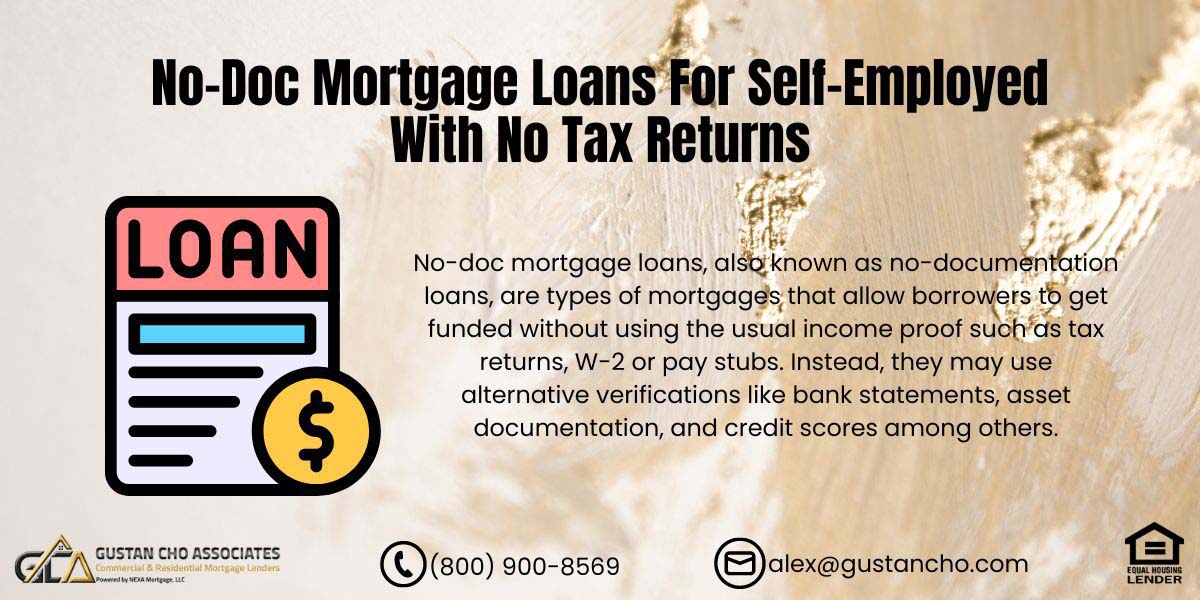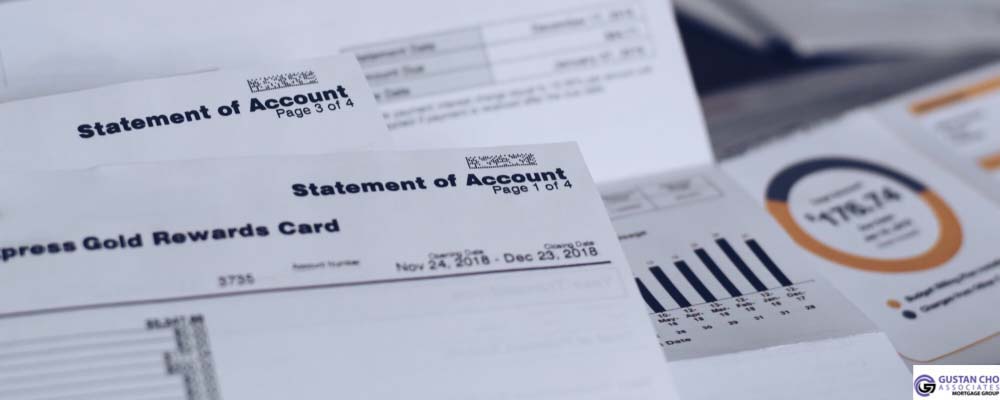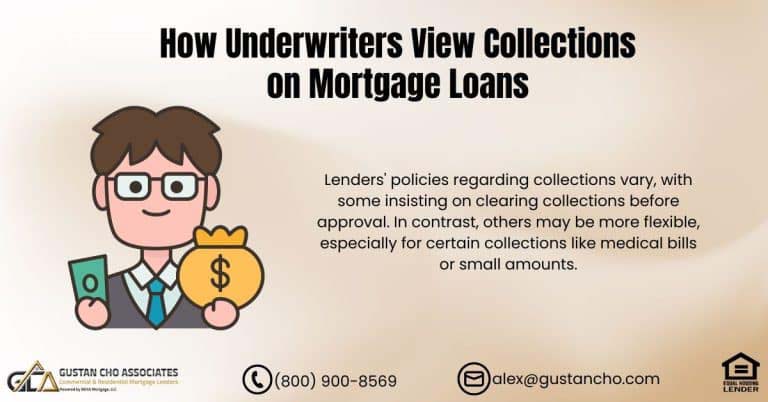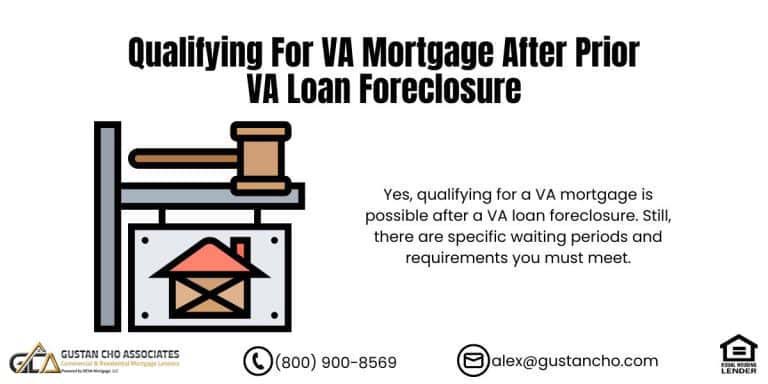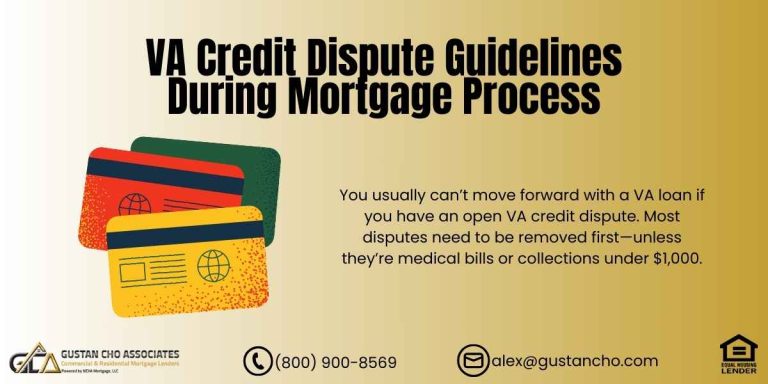It is often a difficult task for many self-employed persons to acquire mortgage loans. Traditional mortgages usually require long paperwork, including tax returns, which may be a problem in cases of those who do not have the regular income verification. This is where No-Doc Mortgage Loans come in handy.
These loans make it possible for homeownership to be available to more people by offering an application process that does not need conventional evidence. In this blog post, we will explore the ins and outs of No-Doc Mortgages and their advantages for self-employed home buyers.
What are No-Doc Mortgage Loans?
No-Doc Mortgage Loans or no-documentation loans are types of mortgages that allow borrowers to get funding without providing traditional proof of income such as tax returns, W-2s or pay stubs. Instead, lenders might rely on other verifications like bank statements, credit scores or asset documentation to determine eligibility. Thus, these loans are greatly flexible when it comes to alternative sources of income.
No Tax Returns? No-Doc Mortgage Loans for Self-Employed Homebuyers Are a Great Option!
Contact us today to learn more and get started with your application.
Key Features of No-Doc Mortgage Loans
No Tax Returns Required: The elimination of the need for tax returns is one noteworthy advantage among others that come with this type of loan; thus helping those self-employed individuals who do not have usual income evidence required by customary lending institutes.
Simplified Application Process: The streamlined application procedure saves time and reduces stress because less paperwork has been demanded from the applicants.
Flexibility: These kinds of mortgages do not really consider source but accept any kind of alternative documentation which can suggest their financial status.
Higher Approval Rates: Self-employed people, especially those with no-doc mortgage loans, have higher approval rates compared with traditionally documented loans.
No-Doc Mortgage Loans for Self-Employed – Why You Should Consider Them
Getting a mortgage is often difficult, particularly for people who are self-employed. No-Doc Mortgage Loans are designed to solve these problems and come with a number of advantages.
1. Overcoming Documentation Barriers
Traditional mortgage loans require extensive documentation to prove income and financial stability. This is a problem for self-employed individuals who may not have regular income records. To make it easier for such borrowers to qualify, No-Doc Mortgage Loans do not require tax returns or any other conventional documents.
2. Faster Approval Process
Because the application process under the No-Doc Mortgage Loan is simplified, many self-employed borrowers receive faster approval. The approval process is faster since there are fewer papers that must be gathered and produced; so, those buying homes can continue without being delayed unnecessarily.
3. Access to Homeownership
For many self-employed individuals who would struggle to qualify on traditional loans, No-Doc Mortgage Loans represent an opportunity in home ownership that might otherwise be elusive. Increased access can substantially aid in making one’s dream of owning a house come true.
4. Flexibility in Income Verification
In verifying incomes, flexibility exists within No-doc mortgage loans as opposed to just relying on tax returns; lenders may also consider alternative types of documentation such as bank statements, business revenue or asset documentation which can suit different financial situations of independent contractors.
5. Competitive Rates
Although it may seem like no-doc mortgage loans would result in higher interest rates due to less documentation involved, there are many lenders that have competitive rates for them; this makes these loans more attractive to entrepreneurs wanting better terms from their mortgages.
DSCR Mortgage Loans
DSCR mortgage loans are real estate mortgage loans for income properties. DSCR mortgage loans work because the property generates enough income to pay mortgage payments. DSCR mortgage loans are for first-home homebuyers, second-home buyers, and investment properties. Mortgage loans for personal property fall under the “ability to repay” standard.
By law, lenders must verify income when you apply for a traditional private home loan!DSCR mortgage loans fall under non-QM loans.
Non-QM loans are alternative mortgage loan programs often referred to as alt doc loans or alternative income verification loans.
Self-Employed and Need a Mortgage? No-Doc Loans Make It Possible!
Reach out now to explore our no-doc mortgage loan options and get the financing you need.
Asset-Depletion Mortgage Loans With No-Income Tax Returns
Asset-Depletion Mortgage Loans are for wealthy individuals who do not have income documentation but do not have a traditional or regular income source.
Asset-depletion mortgage loans benefit retirees, entrepreneurs, individuals who have come to a large inheritance, and other wealthy individuals who cannot document income but have substantial assets. Their assets are used to calculate qualified income. An Asset Depletion is when lenders use your retirement and other assets to increase your income.
The assets need to be documented as liquid assets. Investment accounts, 401k accounts, stocks, bonds, funds in the bank, and other liquid assets can be used for asset-depletion mortgage loans. If you only have one year of self-employment, it won’t be easy to qualify. This is one reason a lender might do this.
Mortgage Guidelines For C-Corp Self-Employed Business Owners
A C-Corp or C-corporation is named after the internal revenue code subchapter C. It is an independent legal entity owned by its shareholders. A C Corp’s profit is taxed twice- as a business entity and at the shareholder level.
The company itself can sue and be sued. Corporations can enter into contracts in the corporation’s name. In addition, the corporation does not dissolve when the ownership changes.
There are two types of corporations. One is a large, publicly owned corporation, and the other is a small, privately held corporation.
Shareholders of Corporations Dividend Income Mortgage Guidelines
A company’s board of directors manages and delegates responsibility for daily operations. Shareholders are not responsible for the day-to-day.
Corporations must report income and losses on the IRS Form 1120 and file corporate tax returns.
Dividends are reported on IRS Form 1099-DIV. These are profits to shareholders. Additionally, owners and employees working for the company are obviously paid wages and must report them on their individual tax returns.
Owners of S-Corporations No-Doc Home Loans
Self-Employed no-doc mortgage loans for board members of S-Corporations are now available using an alternative source of income. Bank statement loans are self-employed no-doc mortgage loans with no income tax returns required.
An S-Corporation is a small business corporation. These businesses elect to pass corporate income, losses, deductions, and credits to their shareholders for federal tax purposes. There can only be a limited number of shareholders, no more than 100. This means that the corporation is not taxed as a regular corporation.
Business losses and gains are passed directly to the shareholder, who include the revenues, ordinary income, and other taxable items on their tax returns. The mortgage industry considers a person with 25% or greater ownership in a business to be Self-employed.
No-Doc Mortgage Loan Application Procedure
Generally, the No-Doc Mortgage Loan application process is simpler than traditional loans and includes a few steps that self-employed individuals must follow.
Prequalification
The initial step entails being pre-qualified for a No-Doc Mortgage Loan. In prequalification, the lender will assess whether or not the borrower meets minimum requirements for a No-Doc Mortgage loan by analyzing their financial status. This might comprise of credit verification and review of other income alternative proof.
Document Collection
In contrast to customary loans, no-doc mortgage loans require fewer documents to be submitted although borrowers must still provide some details confirming their financial soundness. These may include:
- Bank Statements: Bank statements that demonstrate steady deposits and financial wellness.
- Proof of Assets: Any significant assets such as investment accounts or real estate should be documented.
- Credit History: To determine the worthiness of the borrower’s credit.
Loan Application
Once you have been pre-approved, you will proceed to fill out loan application forms specifying significant information about other properties being purchased in addition to providing evidence. The lender then reviews the loan application alongside any supporting documents that were provided before deciding if they can approve your request or not.
Underwriting
The lender uses this occasion to analyze whether the borrower is stable financially enough so as to be able to repay back underwritten money.When doing this, it may involve confirmation of data given as well as detailed investigation into applicant’s financial situation and credit history among others things .
Approval and Closing
Afterward, if your application is accepted, you go through the closing process. During the closing stage, one has to sign all suitable papers while at the same time approving his/her funds received in respect of a particular loan.This eventually completes a mortgage, meaning an individual can become a property owner in their new house.
No Tax Returns? No Problem! Get Approved for a No-Doc Mortgage Loan as a Self-Employed Borrower!
Reach out now to see how our no-doc mortgage loans can help you get approved for the financing you need.
Challenges of Home Buyers in Getting a Mortgage
No-Doc Mortgage Loans have been designed to address some of the common struggles self-employed homebuyers usually face. When borrowers understand these pain points, they may see the advantages of No-Doc Mortgage Loans and how it helps in making the process of buying a home more accessible.
1. Difficulty Proving Income
Income proof is difficult for self-employed persons as they don’t have regular income or traditional pay stubs and W-2s. This makes proving to lenders that one has an income quite hard. The issue is solved by No-Doc Mortgage Loans since they allow for other forms of income verification like bank statements or asset documentation.
2. Time-Consuming Application Process
Obtaining piles upon piles of documents for a standard mortgage can be time-consuming and stressful. On the other hand, No-Doc Mortgage Loans eliminate lots of paperwork from application procedure reducing the burden on borrowers who intend on concentrating about finding their dream homes rather than being bothered with paperwork.
3. Lower Approval Rates
It is often challenging for self-employed individuals to satisfy conventional mortgage loans’ strict requirements. Thus, No-Doc Mortgage Loans provide higher approval rates to self-employed persons through alternative income verification and financial documentation forms.
4. Uncertainty and Stress
The uncertainty surrounding loan approval can be stressful for prospective homeowners applying for loans but reject them due to various reasons such as lender does not feel their ability to repay, unrealistic repayment expectations among others. On this note therefore, committing oneself to apply for No-Doc Mortgage Loan can help relive stress because there is no uncertainty about whether a person will get approved or not.
5. Limited Access to Homeownership
A lot of people who are self-employed find it hard to qualify for normal mortgage loans, locking them out from owning houses altogether while those who finally manage to end up being overwhelmed by high interest rates that constantly go beyond their ability to service the loans in time. Generally, No-Doc Mortgage Loans give self-employed borrowers a chance to have their own homes by making it easier for them to buy houses, unlike any other normal mortgage loans that can be inaccessible to them.
Conclusion
No-Doc Mortgage Loans are a great way for self-employed individuals to get mortgages without the normal documentation requirements that comes with it. No-Doc Mortgage Loans address common difficulties in confirming income, slow application procedures and lowered endorsement ratios which are the challenges these borrowers face when trying to own homes.
For self-employed people who are finding it hard to qualify for a regular mortgage loan, you may want to look into No-Doc Mortgage Loans. With less paperwork involved, these loans offer an easier entry point toward owning a residence and realizing their dreams of owning a home.
Would you like to buy your house through No-Doc Mortgage Loan? Scroll down and leave us your comments or contact our office to know more about how No-Doc Mortgage Loans can be of help. We have professionals who will walk with you through this whole process as they advise on the most suitable financial option that will meet your needs. Get started today by contacting us!
FAQs: No-Doc Mortgage Loans For Self-Employed With No Tax Returns
- 1. What are no-doc mortgage loans? No-doc mortgage loans, also known as no-documentation loans, are types of mortgages that allow borrowers to get funded without using the usual income proof such as tax returns, W-2 or pay stubs. Instead, they may use alternative verifications like bank statements, asset documentation, and credit scores among others.
- 2. Who can benefit from no-doc mortgage loans? Self-employed persons who lack regular income documentation or traditional proofs of income especially find no-doc mortgage loans advantageous. They offer another way into homeownership for individuals with different sources of revenue.
- 3. What are the key features of no-doc mortgage loans? Not requiring tax returns; having a simplified application process; offering flexibility in income verification; and high approval rates for self-employed people characterize these particular types of financial help.
- 4. Why should self-employed individuals consider no-doc mortgage loans? It is important that self-employed people consider getting this kind of loan because it does not require much paperwork. The time taken for the loan to be approved by a lender is shortened. This makes home ownership more accessible to many self-employed individuals since there is an option of verifying their incomes flexibly. These benefits make it easier for self-employed borrowers to qualify for a mortgage.
- 5. How does the application process for no-doc mortgage loans work? The first step in applying for a No-Doc Mortgage Loan is prequalification and document collection. Afterward, the borrower fills out their loan application while lender examines their economic standing. If he/she gets approval, all necessary papers must be signed so that money can go through eventually.
- 6. How do no-doc mortgages address common challenges faced by home buyers? A variety of obstacles that include issues associated with providing evidence on one’s income by those engaged in private business activities, protracted application processes, traditional loans having low approval rates, doubts and worries that come with the whole process of sanctioning a mortgage along with limited access to homeownership for those who lack the standard income verification are tackled by no document mortgages.
- 7. How can I get more info on No-Doc Mortgage Loans? If you would like to know more about No-Doc Mortgage Loans, please leave a comment below or contact us. Our mortgage team will guide you and work with so that you find an answer for your unique financial condition. Do not hesitate to reach out today!
Understanding how the self-employed may benefit from No-Doc Mortgage Loans can help you decide whether this is the right road for you when it comes to buying a home. Whether one has obstacles with conventional loans or prefers something more flexible, No-Doc Mortgage Loans provide the answers that are needed towards attaining homeownership goals.
If you have any questions about No-Doc Mortgage Loans, please contact us at 800-900-8569, text us for a faster response, or email us at alex@gustancho.com. The team at Gustan Cho Associates is available 7 days a week, on evenings, weekends, and holidays.
This blog about No-Doc Mortgage Loans For Self-Employed With No Tax Returns was updated on July 5th, 2024.
Self-Employed with No Tax Returns? No-Doc Loans Can Help You Qualify for a Mortgage!
Contact us today to explore how we can help you secure financing without the traditional paperwork.


